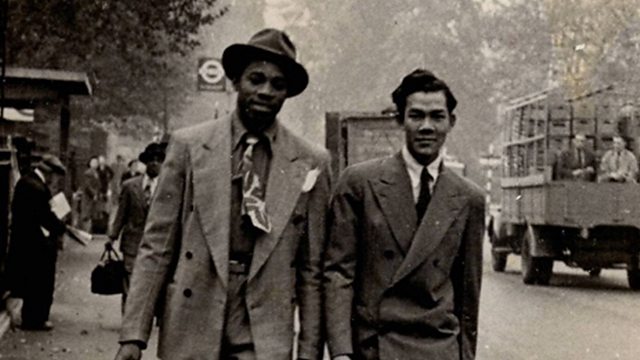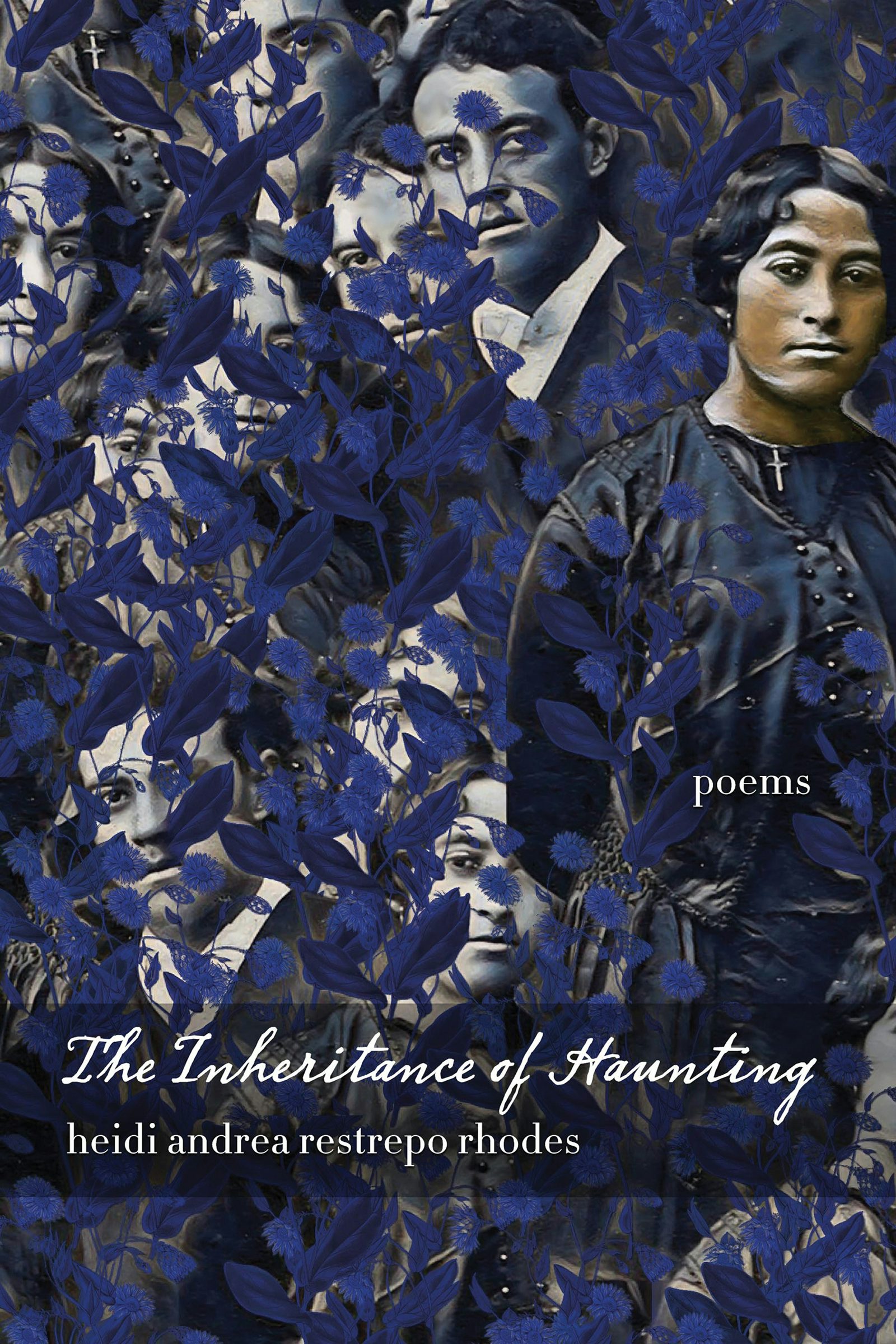Historian, master storyteller
PUNCH Magazine
March 2019
pages 30-34
Sheri Baer, Editorial Director
Irene Searles, photography

Allyson Hobbs distinctly remembers the first time she saw Stanford University. After flying out from Chicago for a final interview in January 2008, she was chatting with a faculty member as they arrived on campus. “We were talking about Ohio State football and we turned down Palm Drive,” she recalls. “All of a sudden, my breath was taken away. I couldn’t believe the beauty of it. I thought to myself, ‘Wow! I desperately want to teach here.’”
Allyson secured the position and made the move. Now an associate professor of American History, she is also director of Stanford’s African and African American Studies program (AAAS), which is marking its 50th anniversary this year. Founded in 1969, AAAS was Stanford’s first ethnic studies program and the first of its kind at a private academic institution. “Many programs are having their 50th anniversary around this time,” Allyson notes, adding that it’s no coincidence. “These programs were created in response to student protests in the aftermath of the assassination of Dr. Martin Luther King Jr.”
Originally from Morristown, New Jersey, Allyson says that she was raised in a very supportive community. “My parents really shielded me and gave me an idyllic childhood,” she says. “They always talked about how lucky we were to live in that kind of environment.” Allyson attended Harvard in the mid-’90s, where she was exposed to a broader perspective. “There was a robust conversation about race at that time in college, and I think that really ignited my interest.
Allyson especially appreciated the rich storytelling of her aunt, who served as the family historian. When Allyson came home fascinated by a story about racial passing, her aunt recounted the experiences of a distant cousin who had grown up on Chicago’s South Side in the ’30s and ’40s. According to her aunt, this cousin was very light-skinned and when she graduated from high school, her mother encouraged her to move to Los Angeles and pass as a white woman. “Her mother was insistent and believed that passing as white would give her daughter a better life,” Allyson was told.
That story inspired Allyson to write her first book, A Chosen Exile: A History of Racial Passing in American Life, tracing the practice back to the late 18th century. “People who passed were able to access better jobs and live in better neighborhoods, but I wanted to uncover what it really meant to the people who walked away, what they had to give up,” Allyson says. “Writing the history of passing is really writing the history of loss.”…
Read the entire article here.









